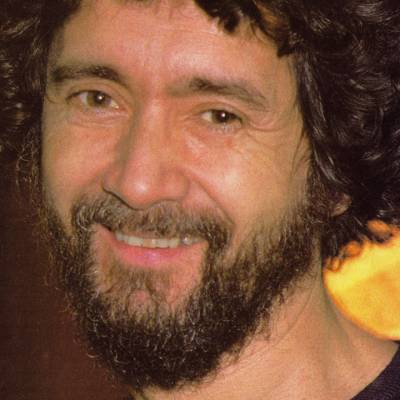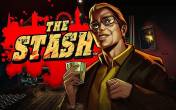
Ken Uston
Childhood
Born Kenneth Senzo Usui on January 12, 1935, in New York City, Ken Uston was the eldest of three children. His father, Senzo Usui, was a Japanese immigrant businessman, and his mother, Elsie Lubitz, was from Austria. A prodigy from a young age, Uston was accepted into Yale University at just 16 years old, where he became a prestigious Phi Beta Kappa society member. He later earned an MBA from Harvard University.
Before diving into gambling, Uston had a successful corporate career, working as a district manager for the Southern New England Telephone Company, as a management consultant, and eventually as a Senior Vice-President at the Pacific Stock Exchange.
Career
Uston's life changed when he read Edward O. Thorp’s Beat the Dealer (1964), which introduced him to card counting. His fascination with blackjack grew after meeting professional gambler Al Francesco, who recruited him into his blackjack team.
The Big Player Strategy Uston became famous for perfecting the "Big Player" team strategy: Spotters would count cards at different tables.
When the count was favorable, they signaled the Big Player (Uston), who placed large bets. This system minimized detection by casino pit bosses.
Legal Battles & Casino Bans Casinos worldwide banned Uston for card counting. In response, he adopted disguises—wigs, costumes, and fake identities—to keep playing.
1979 after being barred from Resorts International in Atlantic City, he sued, leading to Uston v. Resorts International Hotel Inc. (1982). The New Jersey Supreme Court ruled that casinos could not ban card counters unless the state gaming commission explicitly allowed it. This landmark decision forced casinos to change rules (e.g., more decks, faster shuffles) to reduce players' edge.
Books & Blackjack Legacy Uston authored several influential books, including:
- The Big Player (1977) – Co-written with Roger Rapoport, detailing team play.
- Million Dollar Blackjack (1981) – Advanced strategies for beating casinos.
- Ken Uston on Blackjack – A guide to professional play.
Video Games & Later Career In the 1980s, Uston shifted focus to video games:
- Mastering Pac-Man (1982) – A bestseller that revealed winning patterns.
- Ken Uston’s Blackjack/Poker – A licensed game for ColecoVision.
-
Ken Uston’s Profe$$ional Blackjack – A computer program for card counting.
Personal life
Uston was married three times and had three children. He was also a talented jazz musician, playing bass and piano in San Francisco clubs.
Revenue
Uston’s blackjack teams earned millions, with bets reaching $12,000 per hand. His books and video game ventures also brought substantial income.
Interesting facts
- Disguised himself as a Hoover Dam worker to evade casino detection.
- His Pac-Man book made the New York Times bestseller list.
-
Featured on 60 Minutes (1981) and the History Channel documentary The Blackjack Man (2005).
Legacy
Ken Uston remains a gambling icon for:
- Popularizing team blackjack play.
- Winning a landmark legal case against casinos.
-
Inspiring future card counters and professional gamblers.
Frequently asked Questions
Uston used team card counting, where spotters tracked tables and signaled him to place large bets when the odds favored the player. His teams won millions.
Casinos banned him for card counting, which reduces the house edge. He fought back with disguises and lawsuits.
Yes. In Uston v. Resorts International (1982), the New Jersey Supreme Court ruled that casinos could not ban card counters without state approval.
He reportedly bet $12,000 on a single hand of blackjack.
He died of heart failure in Paris in 1987 at age 52.
-
 Stake CasinoPlayNo code needed
Stake CasinoPlayNo code needed -
 Captain Jack CasinoPlayNo code needed
Captain Jack CasinoPlayNo code needed -
 Blackjack Ballroom CasinoPlayNo code needed
Blackjack Ballroom CasinoPlayNo code needed


































